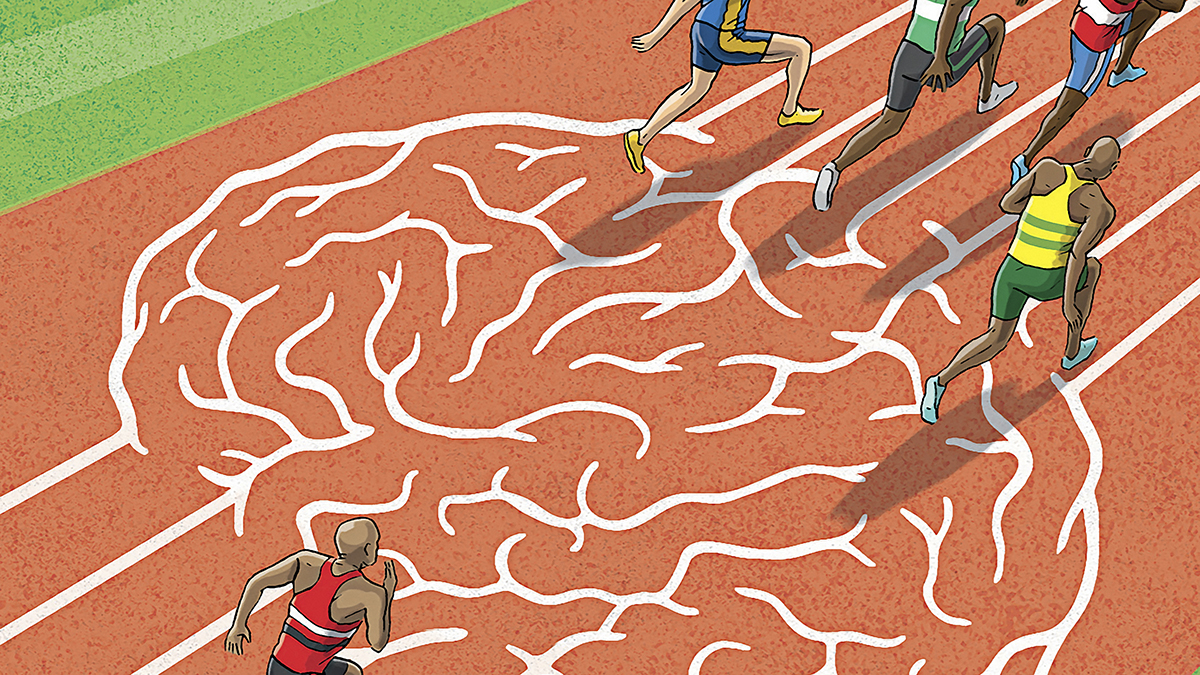Sports and Mental Health

Many sports are highly demanding physically and mentally. The substantial amount of time that athletes have dedicated to their sport can be extremely draining and impact their mental health. High-performance athletes, in particular, do not get to spend as much time on their social life, education, relationships with friends and family, and personal areas of interest because of the time and dedication put toward their sport. Although doing that sport can help with mental health, it can slo take a toll and be mentally draining. There is one thing that all sports have in common, and that is the commitment and perseverance that all athletes develop.
As an athlete, a significant amount of time that would otherwise be spent within one’s personal life is put into sport. Many athletes struggle with mental health, but it is not expressed because of the image that they are expected to uphold. If an athlete suffers from a physical injury affecting their performance, they are given undivided attention and taken care of while being constantly watched over. However, if they suffer from a mental health problem, it is not discussed and they suffer in silence. The stigma surrounding mental health and the expectations of high-performance athletes can affect not only their performance but their mental health in the long run.
There must be awareness around sports and mental health, to prevent athletes from feeling this way. All athletes should be admired and recognized for their achievements, no matter their level because of the dedication and perseverance it takes.
